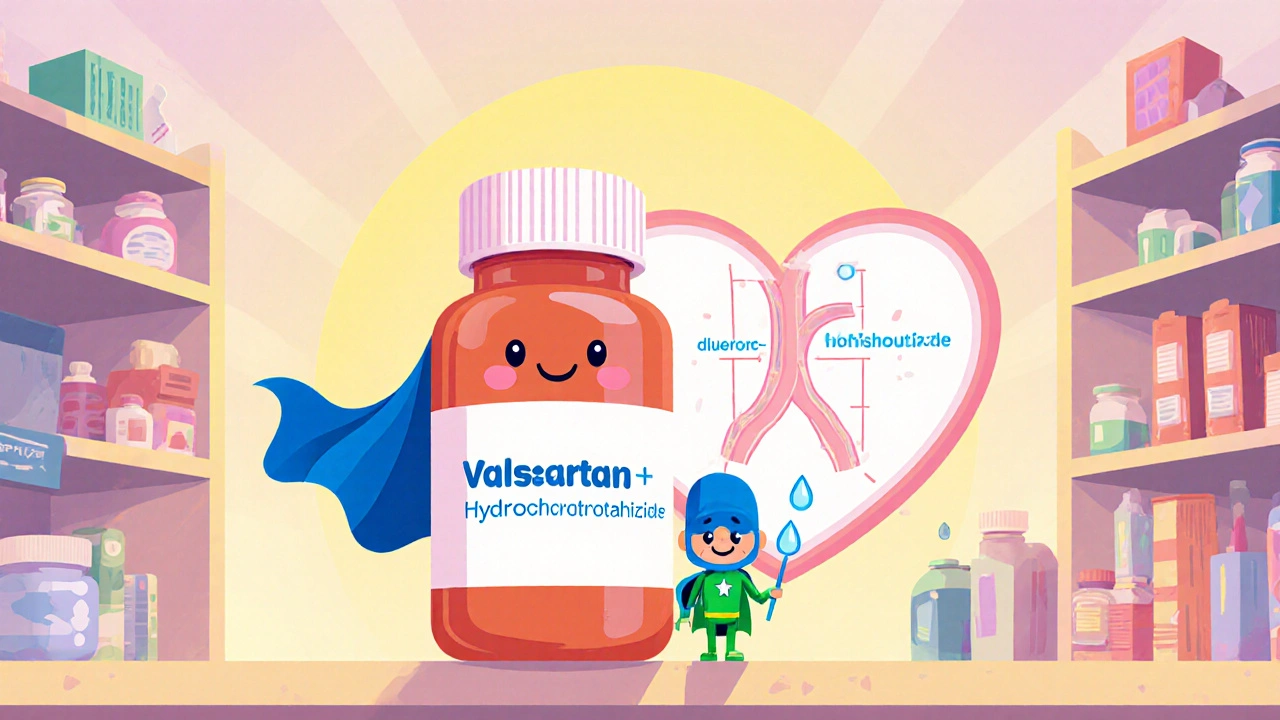Hypertension Medication Side Effects: What You Need to Know
When dealing with hypertension medication side effects, the unwanted reactions that can show up after taking blood‑pressure pills. Also known as high‑blood‑pressure drug reactions, they range from mild to serious and often depend on the drug class you’re using.
One of the biggest groups of blood‑pressure drugs are beta blockers, medications that slow heart rate and lower cardiac output. Common side effects include fatigue, cold hands, and occasional dizziness. ACE inhibitors—another popular class—work by relaxing blood vessels, but they can trigger a persistent dry cough or a rise in potassium levels. Calcium channel blockers, which widen arteries, may cause swollen ankles or a rapid heartbeat. Diuretics, often called “water pills,” help the body get rid of excess salt and fluid, yet they can lead to low potassium or dehydration. Each of these drug families brings its own pattern of reactions, so knowing which class you’re on helps you spot problems early.
How to Spot and Manage Common Reactions
Recognizing a side effect is the first step. If you feel light‑headed after standing up, that’s postural dizziness—often linked to diuretics or high doses of beta blockers. A persistent cough that wakes you at night usually points to an ACE inhibitor. Swollen feet or ankles might mean a calcium channel blocker is holding onto fluid. When any of these symptoms pop up, don’t ignore them; jot them down and talk to your doctor. Your doctor may adjust the dose, switch you to another drug class, or add a small supplement—like potassium for diuretic‑induced loss. Lifestyle tweaks also matter: staying hydrated, limiting salt, and moving regularly can lessen most side effects. If a particular reaction feels severe, such as sudden chest pain or severe shortness of breath, seek medical help right away. Understanding the relationship between drug class and reaction lets you take action before an issue worsens. For example, knowing that beta blockers can cause fatigue helps you plan lighter activities on days you feel tired. Knowing ACE inhibitors may raise potassium levels encourages you to monitor blood tests regularly. Below you’ll find a curated list of articles that break down each medication class, explain why side effects happen, and give practical tips for coping. Whether you’re new to hypertension treatment or looking to fine‑tune your regimen, the posts ahead cover the full spectrum of side‑effect management.
Explore if the blood pressure combo valsartan-hydrochlorothiazide raises gout risk, who’s vulnerable, and how to manage it safely.

